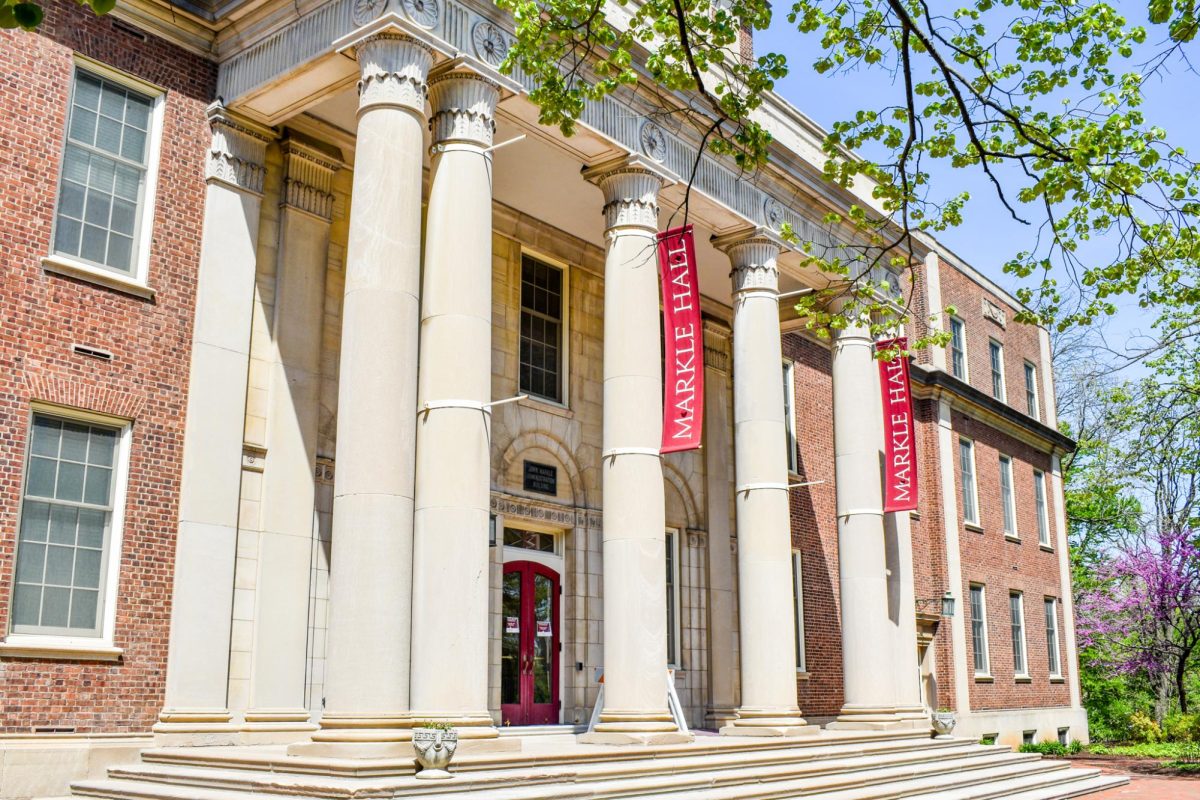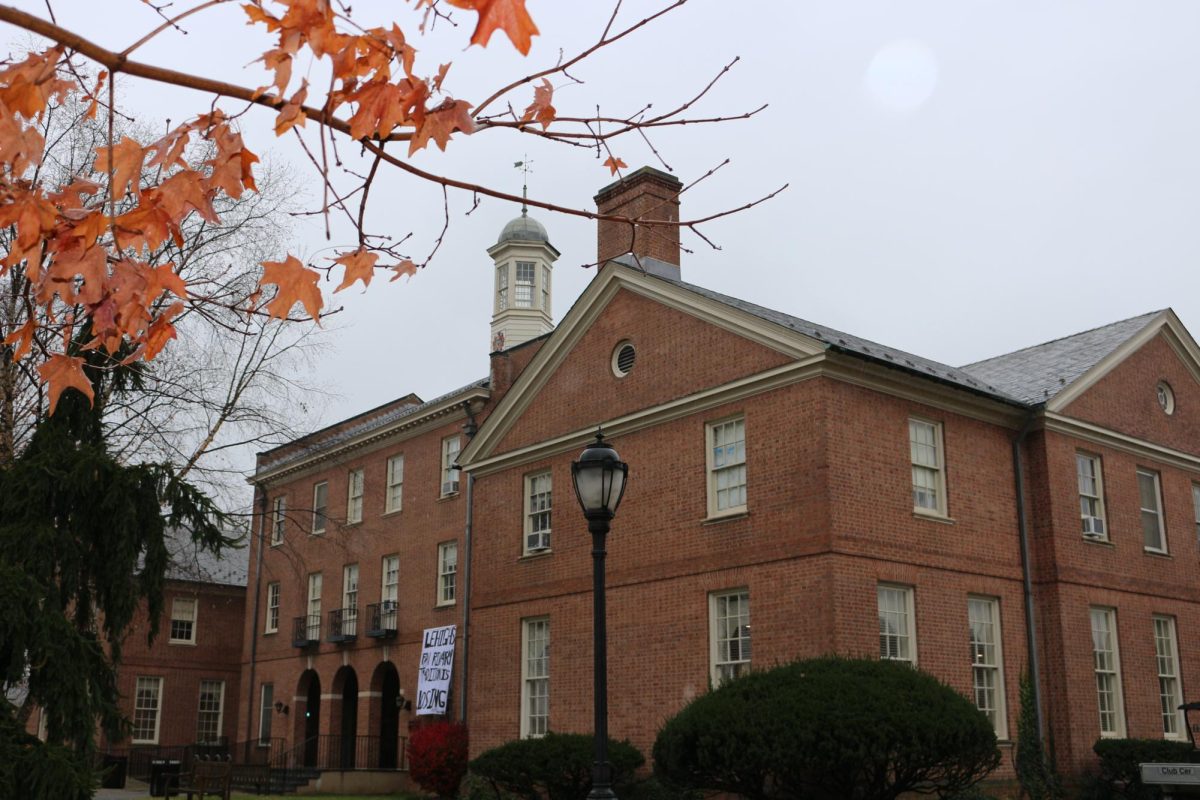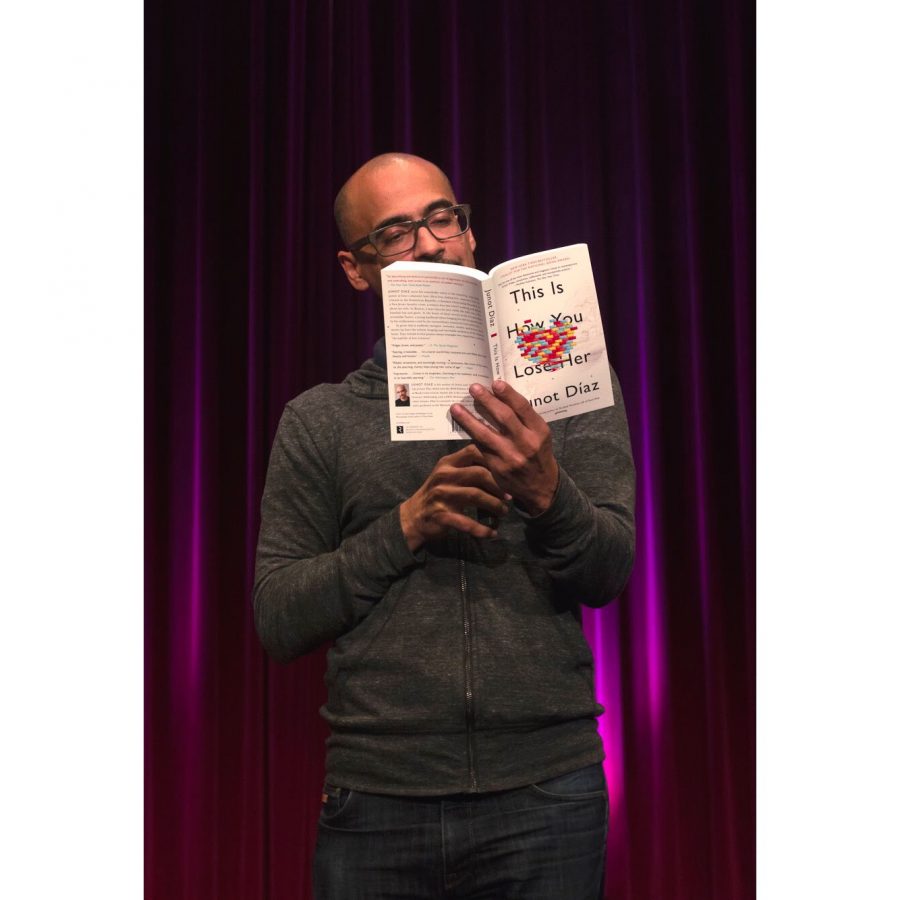Pulitzer Prize winning and New York Times bestselling author Junot Diaz said during his talk at the college that he wants marginalized students to understand the “cage” they live in, not only in higher education but in society at large.
“Students have never had less rights than they do now. I had more rights as a student than you all have now. The ‘snowflake lie’ is there to obscure the tremendous control being exerted by these institutions on students,” he said. “For me, the schools are all about how these students are too reckless and causing too much trouble, when the real people who are posing unfair and often violent controls are the universities.”
Diaz said that if colleges wanted to stop rape from happening on their campuses, they could.
He added that students themselves can use their privilege to aid others, in response to a question posed by Fayola Fair ’19. Fair asked Diaz what he believed to be the responsibility of marginalized people who have access to education and resources when they return to their homes and interact with people without those resources.
“What’s interesting to me about privilege is what you can do with that privilege to help other people,” Diaz said.
He began his talk in Colton Chapel on Wednesday by asking students to identify themselves as being from New Jersey, an immigrant, Latino, of African descent or Dominican. Diaz said he asked this to feel comfortable and relate to his audience.
A creative writing professor at the Massachusetts Institute of Technology, Diaz came to the college as the 2017 LatinX Heritage Month keynote speaker. When he opened his discussion with a Q&A session, Diaz had one rule: women of African descent would ask questions first.
As Diaz continued to answer questions, he focused heavily on the meaning of the identities of the audience members. Diaz emphasized that although identity is a component of who you are it is not everything and there is so much more to each individual person.
Diaz said he experienced in his college days firsthand the notion that being white was more desirable than being a minority.
Diaz told a story about an experience he had in his time as a college student at Rutgers University, where his sister also attended. He mentioned a time when he was walking with a white girl on campus and was mocked by his sister and her friends for looking “so happy.”
“I remember this to this day, because at that moment I knew exactly what my sister was saying. She was saying, ‘Look at this coon who is so happy to pursue this ideal of lightness and light skin being beauty.’ And I promise you I went home that night and my life changed,” Diaz said of the experience.
Ayat Husseini ’20 asked Diaz how to manage being in a place that you are unwanted.
Diaz’s answer to this question explained that these “weird” spaces are not actually new. “You spent your whole life in an inhospitable space,” Diaz said. What is new is your chance to change things in a space that isn’t there to help you.






















































































































